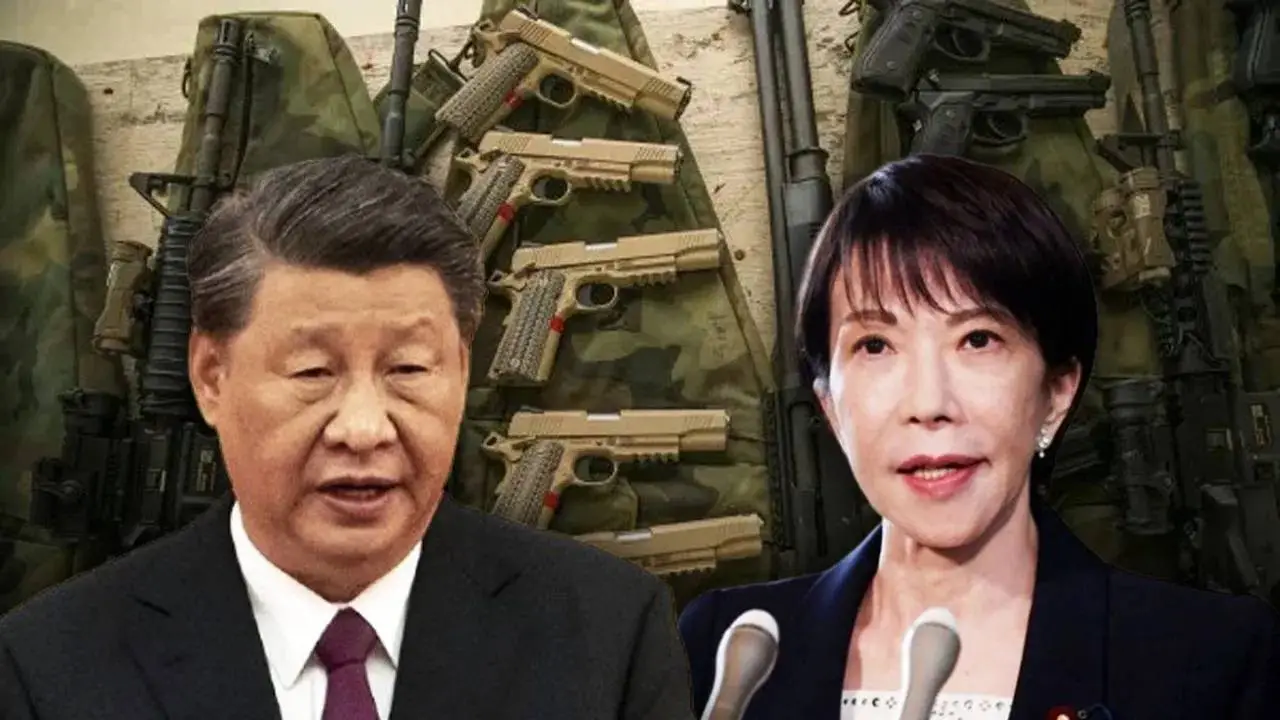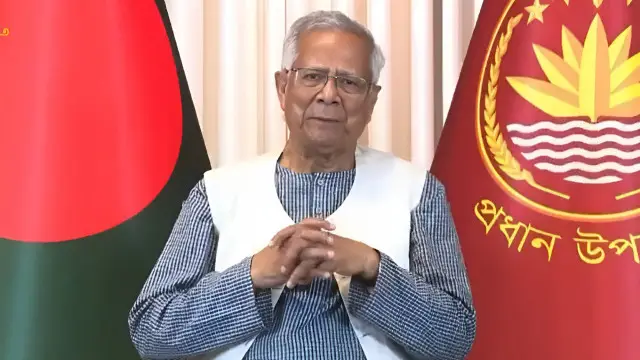Why Japan Could Defeat China Despite Six Hundred Nukes And Two Million Soldiers
Even with two million soldiers and six hundred nuclear weapons, China may struggle to overpower Japan, as Tokyo holds major strategic advantages across five critical fronts that could surprise Beijing.

Japan has deep combat experience and a strong history in maritime warfare. During World War II, only the United States managed to defeat Japan directly. Several nations had surrendered before its power. Japan had earlier humbled China in combat. Even today, Japan leads in naval anti-submarine capabilities. Its ASW systems include advanced sonars and patrol aircraft. The P-1 Maritime Patrol Aircraft provides high-level surveillance. These strengths could heavily restrict China in sea battles.
Will Technology Tilt The Balance?
Japan’s defence systems are considered among the best globally. Its radar network covers wide areas and offers faster threat detection. The Patriot PAC-3 MSE missile shield is already deployed in key zones. Under defence cooperation, the United States provides additional radar data to Tokyo during wartime. Japan consistently updates electronic warfare tools. While China builds indigenous jets and drones, Japan’s precision-based systems could deliver better accuracy. This tech edge may reduce China’s initial advantage.
Is Geography Japan’s Silent Weapon?
Japan’s location gives it control over crucial sea routes like the East China Sea and Miyako Strait. These are primary access points for China’s naval movements. Okinawa and the Ryukyu islands add more defensive layers. The tight passage makes enemy movement difficult. Any naval force trying to enter would face immediate detection. Geography could force China into predictable entry paths. This offers Japan early strike opportunities.
Will US Support Change The Equation?
After World War II, Japan agreed not to maintain a full-scale army. In return, the United States promised military protection from external threats. This treaty remains active. Any direct attack on Japan could trigger US intervention. China would hesitate to confront American forces. The US military presence in the Indo-Pacific zone is already strong. Strategic experts believe this is Japan’s biggest protective shield. America’s advanced weapon systems could deter escalation.
Can Multiple Nations Join Hands Against China?
Tension with Asian neighbours is rising for Beijing. Taiwan, the Philippines and Japan share common concerns regarding Chinese expansion. Relations with South Korea too remain strained. In case of conflict, these countries may unite to support Japan. A multi-front war would stretch China’s resources. Japan’s diplomatic partnerships increase pressure on Beijing. Such combined strength could force China into careful calculation before taking any action.
Why Did Tempers Rise After Leadership Change?
Tensions increased after Sanae Takaichi took charge in Japan. A Chinese envoy commented aggressively, suggesting personal harm. Japan responded by openly aligning with Taiwan. Beijing reacted by advising its citizens to avoid travel to Japan. Military alert levels were raised. Defence analysts believe the leadership stance may guide future foreign policy. This reaction has pushed both countries into tense positioning.
Could Conflict Trigger Wider Consequences?
If the current situation continues, Asia may witness a new conflict zone. Japan’s strengths extend beyond numbers and weapons. Its discipline, alliances and strategic architecture are strong deterrents. China’s heavy military count might not guarantee success. A miscalculated move could invite wider international involvement. Experts recommend diplomatic control to prevent larger instability. For now, military observers watch this growing rivalry with concern.















